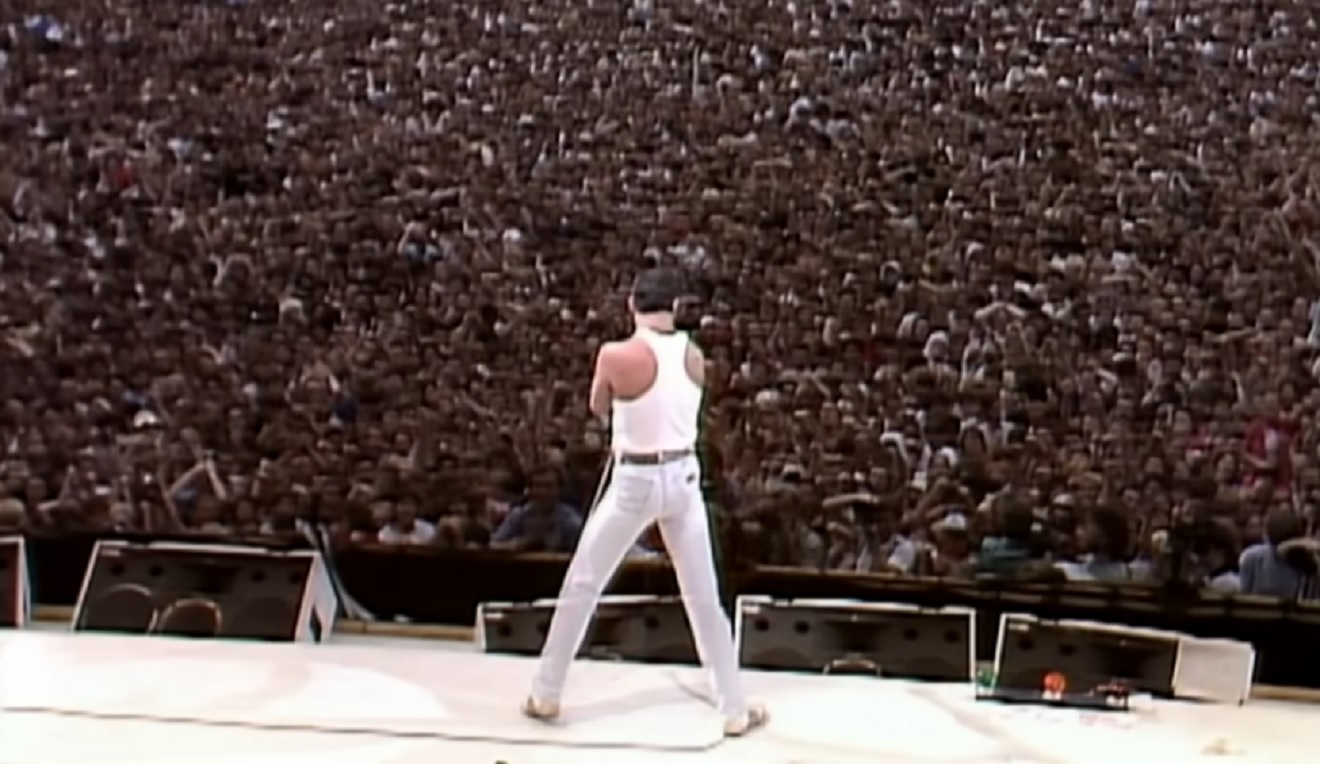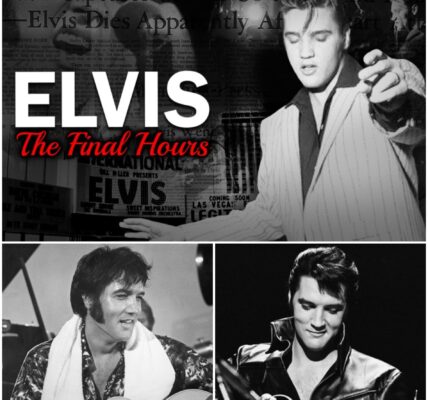Freddie Mercury’s Legendary Live Aid Performance: The Simple Advice That Changed Everything
Freddie Mercury’s Legendary Live Aid Performance: The Simple Advice That Changed Everything
Queen’s unforgettable performance at Live Aid in 1985 has gone down in history as one of the greatest live rock performances ever. With 72,000 fans in attendance at Wembley Stadium and millions more watching worldwide, Freddie Mercury and his bandmates delivered an electrifying set that became the highlight of the massive charity event. But behind the scenes, there were doubts, strategic decisions, and an unexpected piece of advice that helped shape one of rock’s most iconic moments.

Bob Geldof’s Crucial Advice to Freddie Mercury
As the band prepared for Live Aid, Bob Geldof, the organizer of the event, gave Freddie Mercury a piece of advice that would prove pivotal. According to Brian May, Queen’s guitarist, Geldof’s words were simple yet crucial: “Don’t get clever. Just play the hits.”
In an interview with Radio Times, May revealed how Queen initially hesitated about participating in the event. At the time, the band wasn’t touring, and the prospect of playing at a huge event featuring 50 bands seemed a little overwhelming. “We weren’t touring or playing, and it seemed like a crazy idea,” May said. But when he spoke to Freddie about it, the frontman’s response was typical of his bold personality.
“I said to Freddie: ‘If we wake up on the day after this Live Aid show and we haven’t been there, we’re going to be pretty sad,’” May recalled. “He said: ‘Oh, f— it, we’ll do it.’” That decision marked a significant moment of unity for the band, setting aside the pressures of stardom in favor of supporting a global cause.

The 17-Minute Set That Changed Everything
With just 17 minutes allocated for their performance, Queen had a limited window to make their mark. Geldof, recognizing the potential for disaster if they tried to get too experimental, advised Mercury to stick with what they did best: “Just play the hits.”
That advice wasn’t just about avoiding failure—it was about ensuring that Queen could deliver a set that felt authentic, powerful, and memorable. It was a choice that reflected the band’s deep understanding of their own strengths, their unmatched ability to connect with an audience, and Freddie’s inherent gift for showmanship.
As drummer Roger Taylor recalled, the crowd’s reaction during the set was nothing short of magical. “During ‘Radio Ga Ga,’ it did seem that the whole stadium was in unison,” he said. “But then I looked up during ‘We Are the Champions,’ and the crowd looked like a whole field of wheat swaying.” This incredible connection between the band and the audience cemented their performance as one of the defining moments of Live Aid.

Harvey Goldsmith’s Strategic Move
Behind the scenes, promoter Harvey Goldsmith worked to ensure that Queen’s performance had the perfect timing to maximize its impact. In a June interview with Mojo Magazine, Goldsmith explained how he played a key role in organizing the event’s logistics, including the timing of the acts.
Initially, Geldof wasn’t sold on Queen taking the coveted late-afternoon slot. “Bob said: ‘No, they’ve peaked. I don’t think they should play!’” Goldsmith recalled. “But I knew Freddie, and I knew they’d really make a show of it.” Ultimately, Goldsmith’s instincts proved right, and the timing allowed Queen to perform at their peak—just as the Live Aid audience needed them the most.
The Legacy of Queen’s Live Aid Performance
Queen’s 17-minute set at Live Aid wasn’t just a career-defining moment for the band—it revitalized their global appeal. The performance became a textbook example of how showmanship, passion, and precision can create unforgettable moments in music history. Freddie Mercury’s commanding presence on stage, coupled with the band’s ability to connect with the crowd, ensured that their performance was etched into the hearts of millions.
The success of Live Aid was a testament to the power of simplicity. While the world of rock often thrives on experimentation and pushing boundaries, Queen’s decision to focus on their most beloved hits, coupled with Mercury’s natural ability to captivate, proved to be the perfect formula for success.
The advice to “just play the hits” wasn’t just about avoiding missteps—it was about honing in on what made Queen a legendary band in the first place: their authenticity, their heart, and their ability to unite people through music. Decades later, that performance remains a shining example of everything great about rock and roll.




